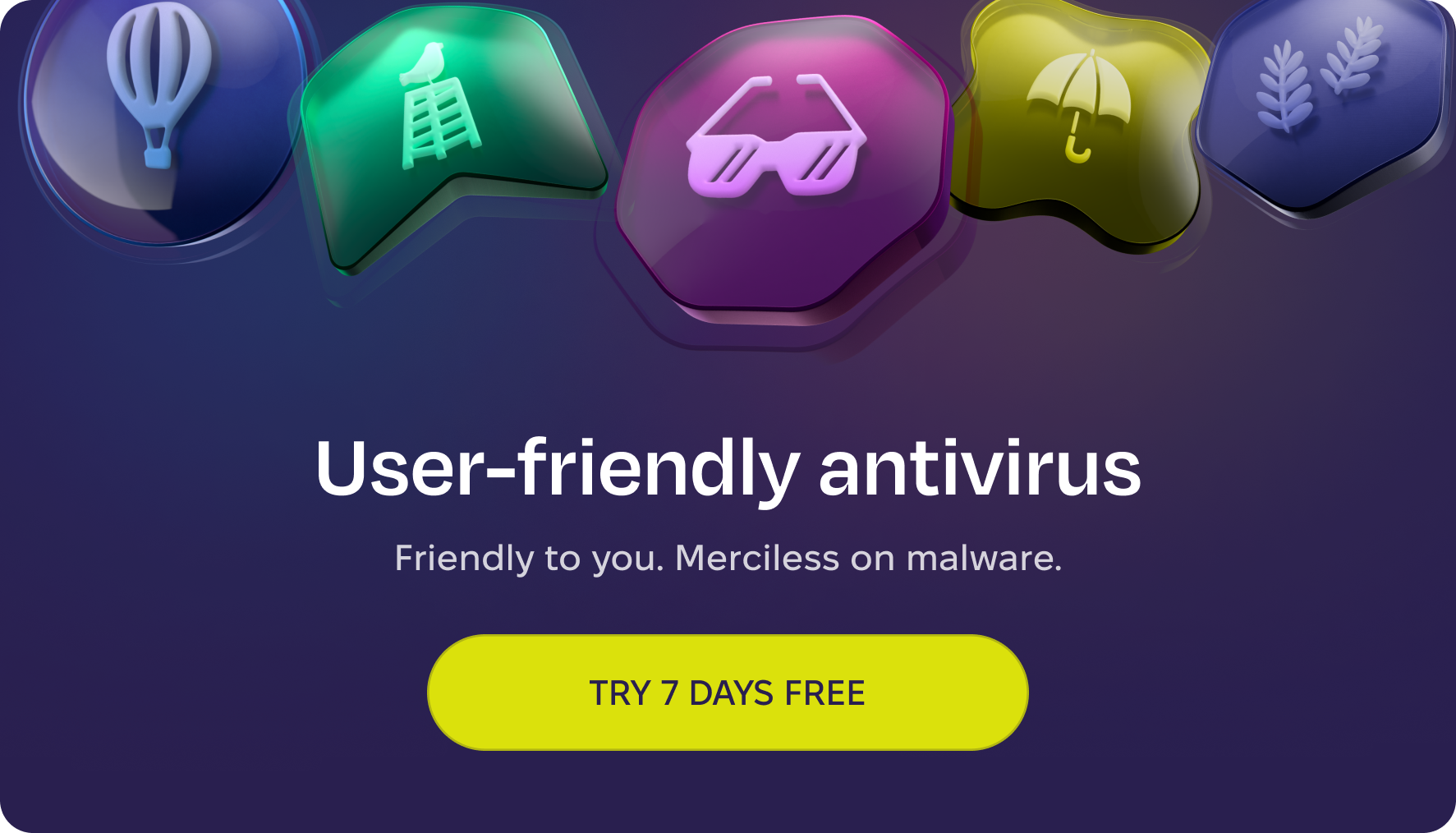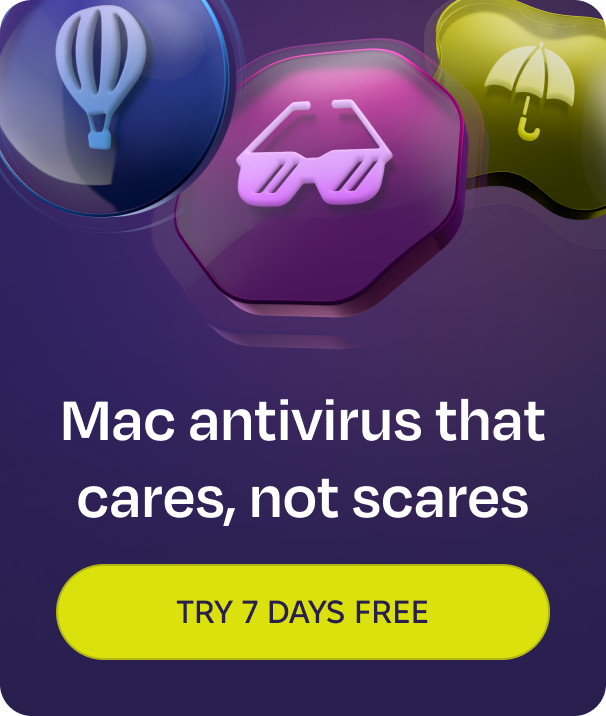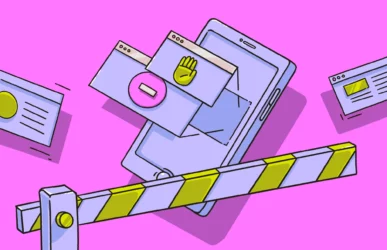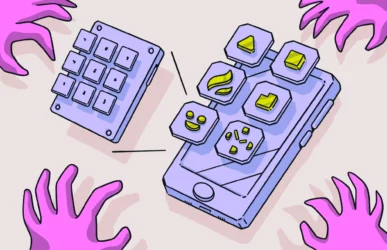These days, most people put a premium on privacy and security. Particularly since 2020 and the pandemic, users crave more privacy and security in all their communications. In line with those efforts, business professionals and individuals are trying out private messaging platforms like Signal.
So, what is the Signal app?
Signal is a secure messaging platform and app that allows people to communicate privately and securely. It uses end-to-end encryption; not even Signal can read your texts or listen to your calls.
Signal has over 40 million users and became very popular in 2021. Journalists, government officials, cybersecurity experts, and tech giants favor Signal as their private messaging tool.
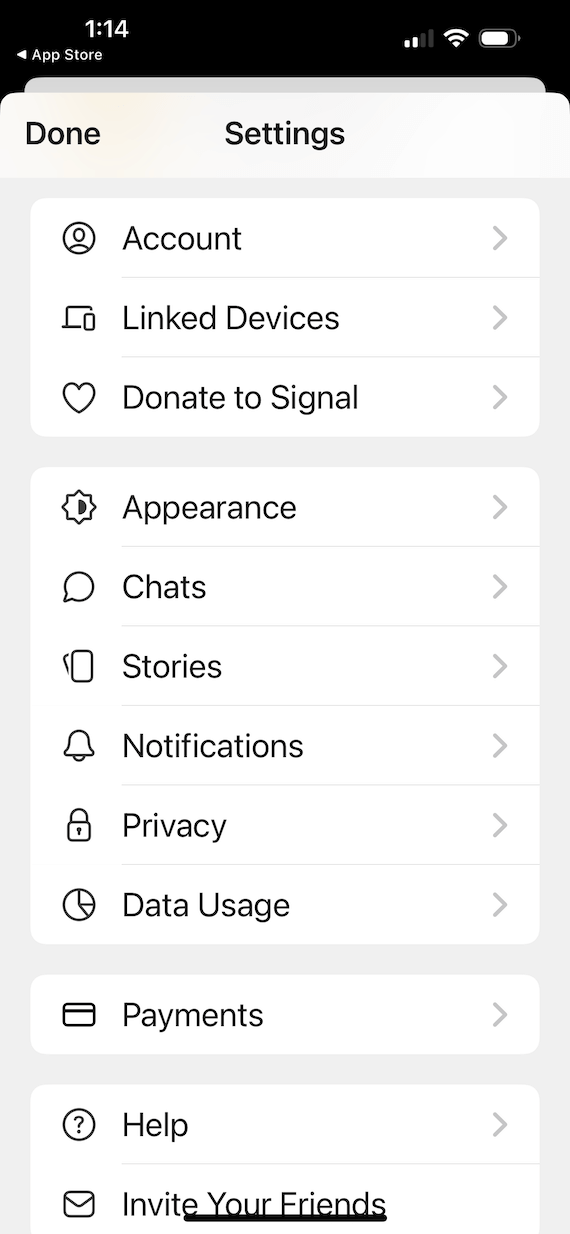
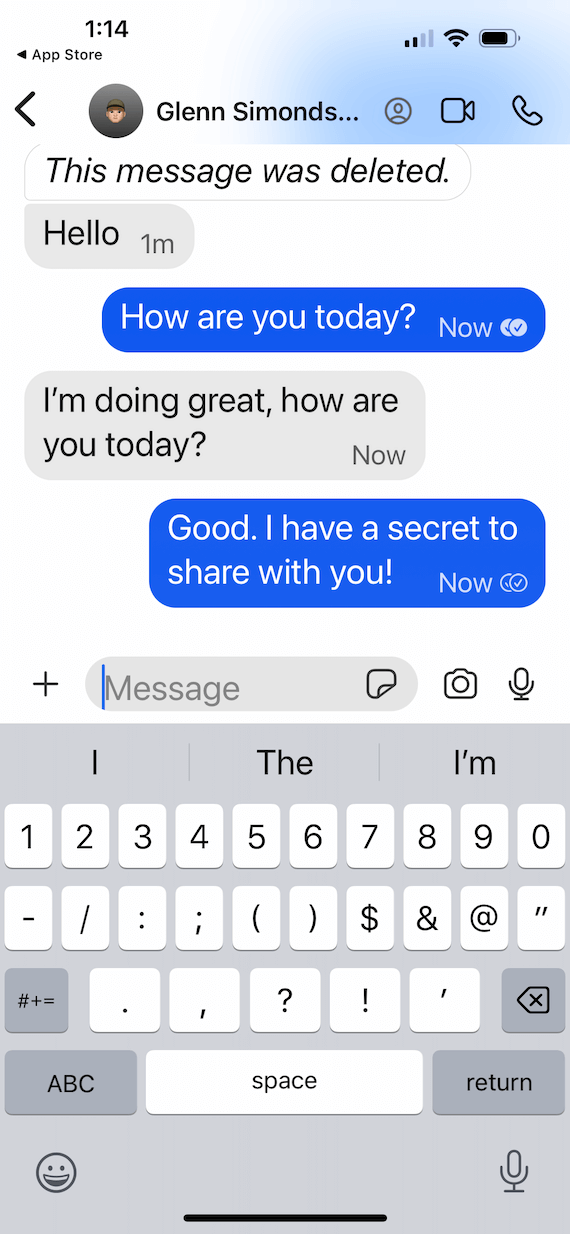
Who owns the Signal messenger?
The Signal messaging app platform is owned by the Signal Foundation. It was founded as a non-profit in 2018 by Moxie Marlinspike and Brian Acton (who incidentally also co-founded WhatsApp).
Ready to take control of your privacy?
Is Signal safe and secure to use?
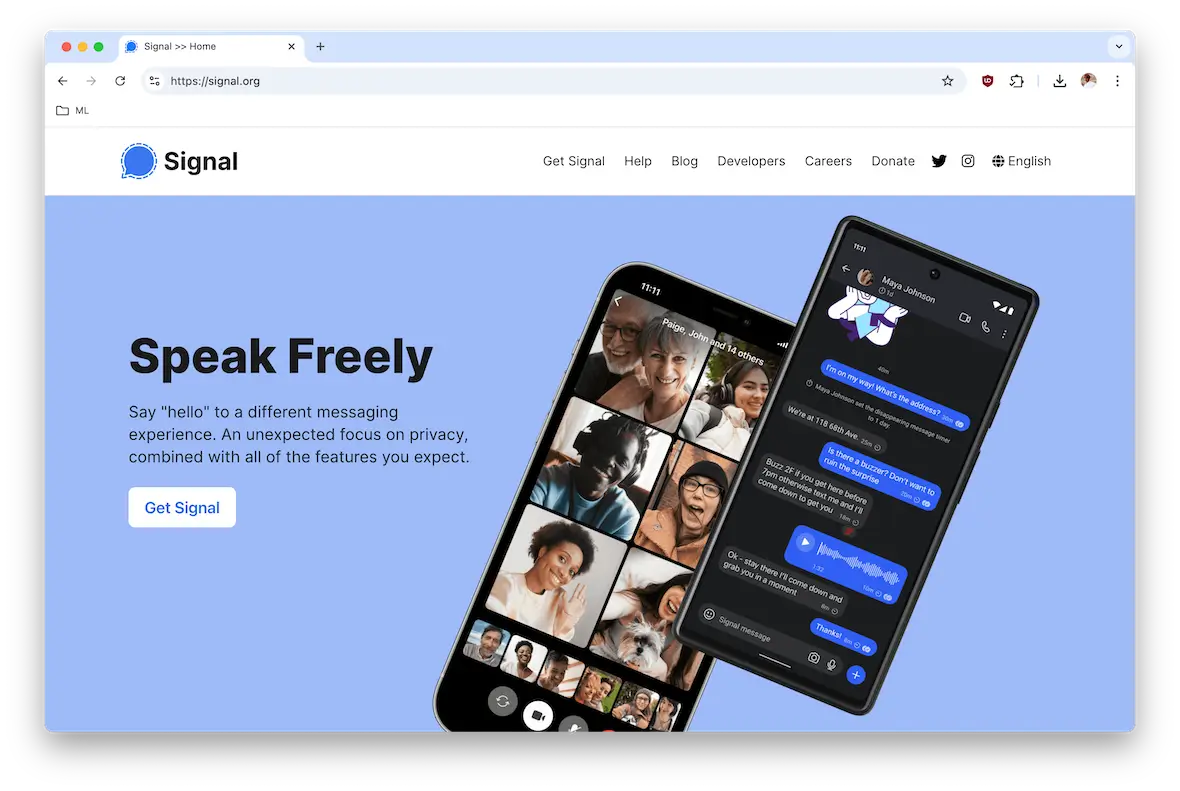
Signal is considered to be the most secure encrypted messaging app on the market today. It has been endorsed by the likes of Edward Snowden, the Electronic Frontier Foundation, and the American Civil Liberties Union.
Here are some reasons why you can trust Signal with your most sensitive and private conversations.
- It has end-to-end encryption. Nobody can break into your Signal conversations, so only you and the sender can read what you send to one another. Not even Signal can read what is being sent.
- Signal is open-source. Unlike other messaging systems that are built on closed proprietary systems, Signal’s code is open-source. This means that researchers, developers, and privacy advocates can freely inspect the code for vulnerabilities and report any to Signal.
- Nothing is stored on Signal’s servers – as well as Signal not being able to read your messages, it also doesn’t hold those conversations about you on their servers. Just like a VPN, if law enforcement came calling with a warrant, Signal would have literally nothing to give them.
Common concerns regarding the Signal private messenger
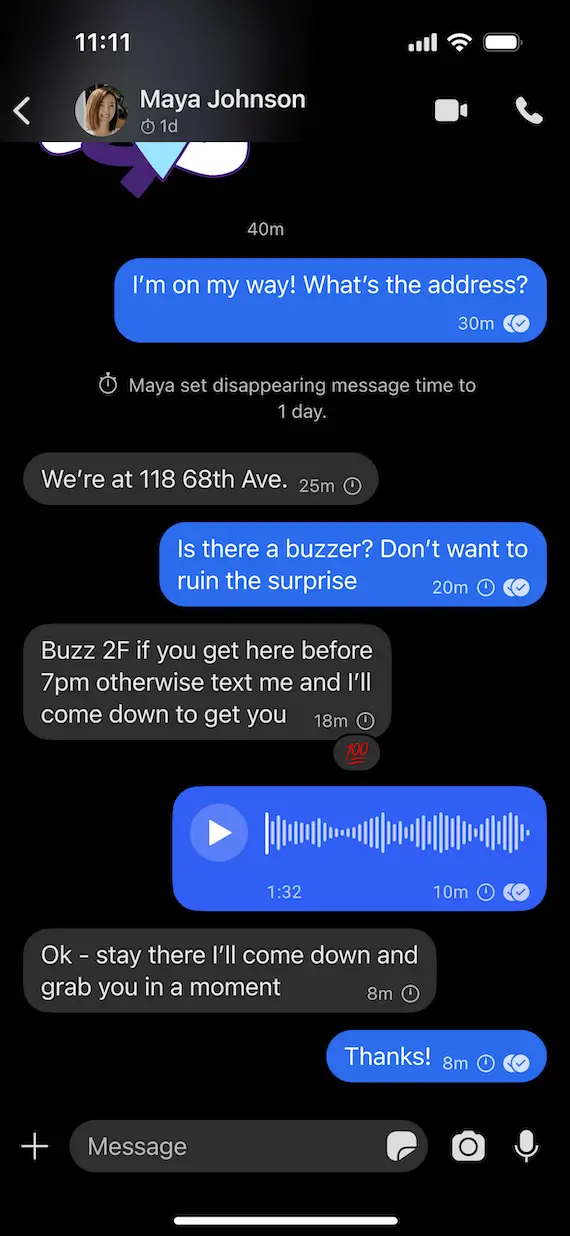
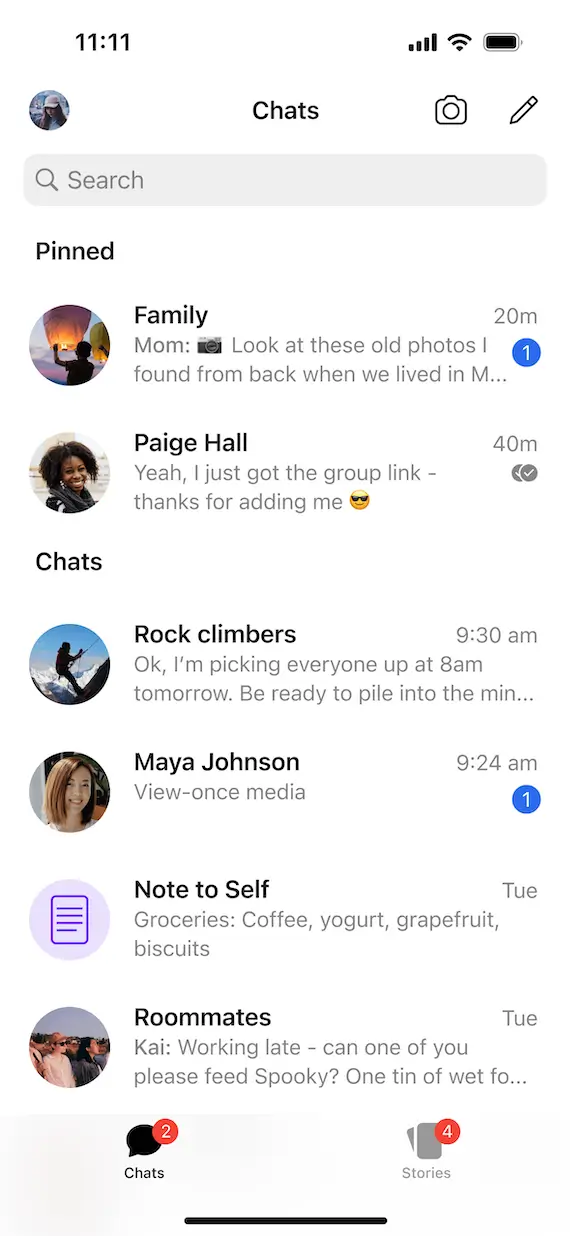
Signal is seen as the best encryption chat solution today. But like anything else, there are also some concerns about it.
Metadata collection
They may not have any record of your conversations, but what Signal does have is your metadata. This is little bits of data, such as who you’re talking to, the date and time you started talking, and how long the conversation lasted for. It may not seem like much, but entire convictions have been achieved on the strength of only the metadata.
Your phone number is revealed
Conversations are not really private, and your identity is not really completely anonymous if your phone number is easily viewable. Of course, this can be circumvented by throwaway burner phone numbers, but it still raises privacy concerns.
Connected devices
Connecting your Signal account to multiple devices is certainly convenient, but it is also a big security risk. What if you forget to disconnect afterwards and someone else accesses your device?
To be fair, this is not something unique to Signal. It also applies equally to WhatsApp and Telegram. But it is still a concern nonetheless. A highly encrypted app should not be connected to any other devices.
Signal vs. Telegram
Many people regularly compare the Signal messenger app with Telegram. Let’s compare Signal with Telegram to find out which is better in terms of security and privacy.
Both apps are free to use, so there’s no comparison there. Both services offer individual messaging, group chats, video calls, and voice calls. Signal offers minimal customization to its users, but Telegram offers extensive customization for users who are picky about every little setting.
However, the two apps vary in how they handle data collection and encryption.
Telegram’s privacy
Signal collects no data from the user except for their phone number. Conversely, Telegram collects a person’s phone number, contacts, and IP address, potentially exposing that information data to breaches. Signal offers “self-destruct messaging” for all chats, increasing user security. Telegram only offers that feature for Secret Chats.
Unfortunately, because only some of your messages and calls are private, there is the possibility that someone could listen in, including Telegram employees, the government, law enforcement, or big corporations. So, if privacy is your main concern, Telegram may not be the right choice for you.

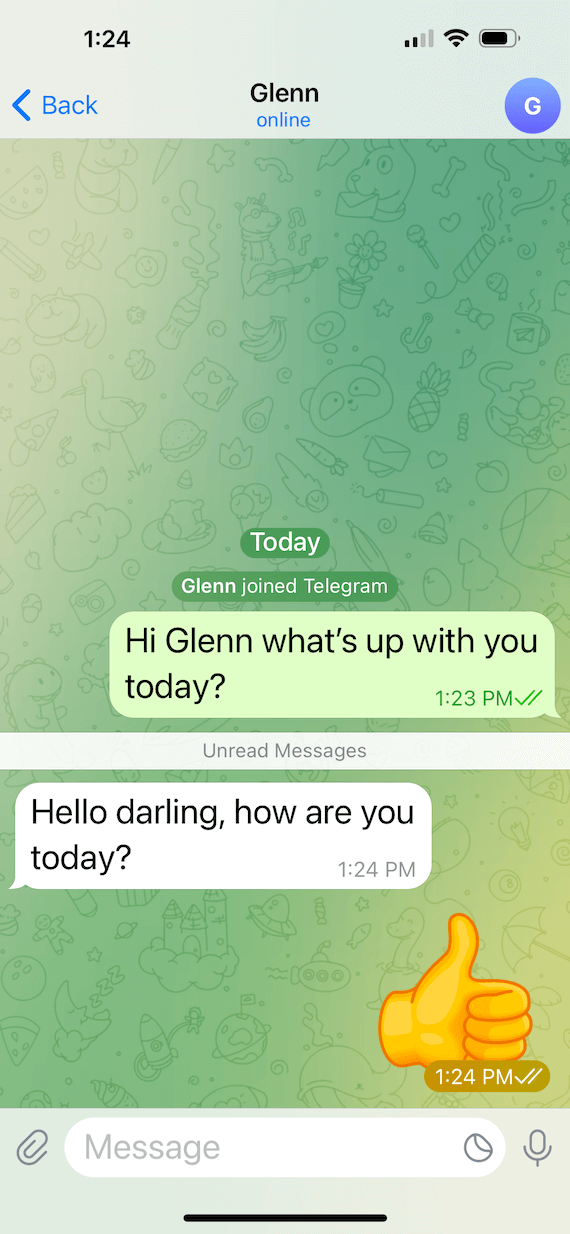
How secure is Telegram?
Using its Signal protocol, the Signal app encrypts all data by default using end-to-end encryption. Telegram encrypts some data using the MTProto 2.0 protocol but not all of it. As such, anything that is not encrypted using end-to-end encryption could be vulnerable to eavesdropping, attacks, and theft. But with Signal, you don’t have to turn anything on. It just works.
Signal’s encryption protocol is also open-source, meaning any security flaws or vulnerabilities are found and patched quickly. Telegram’s encryption protocol is only open-source on the client side. Experts believe Signal’s encryption is more secure and reliable than that of Telegram.
Signal vs. WhatsApp
The Signal private messenger app is also compared with WhatsApp on occasion. Unfortunately, because Facebook now owns WhatsApp and forces users to share data with the social media giant, many people have decided to look for alternative options.
WhatsApp’s privacy
Although both apps use the same encryption technology, metadata is created whenever two users communicate, and each company handles metadata differently.
Signal uses “Sealed Sender” software to hide this data — even from itself. WhatsApp, on the other hand, shares the metadata with Meta and other companies. Some of the data collected by WhatsApp include phone numbers, service-related data, mobile device info, and IP addresses. Signal guarantees users that it never collects, sells, or monetizes user data.
In terms of privacy, Signal is a better choice because none of your data is collected or shared by the company.
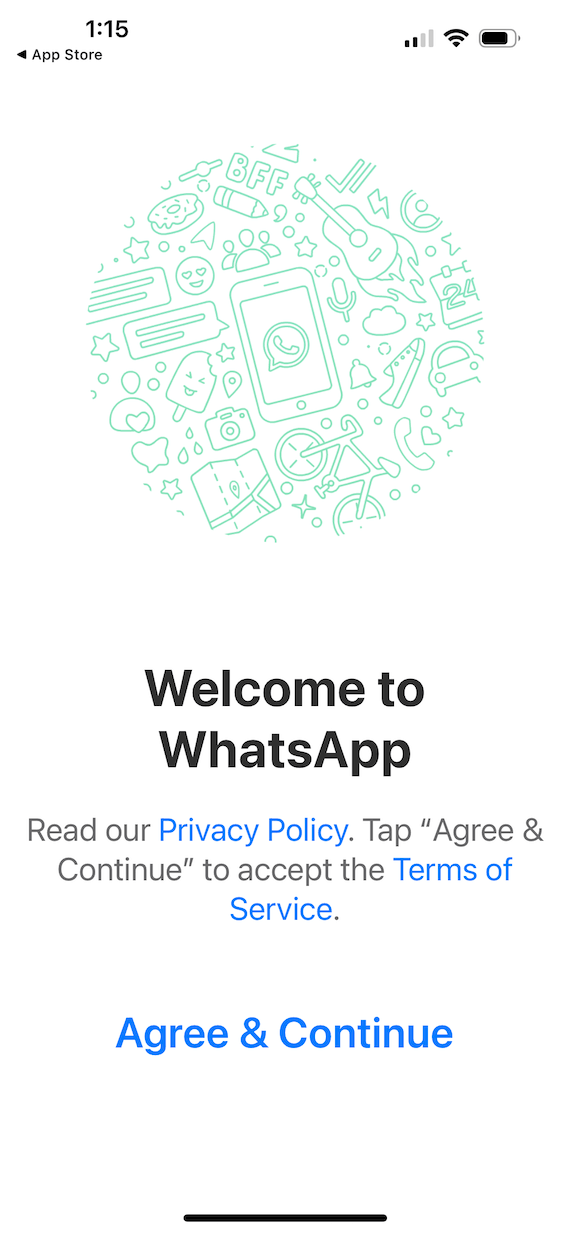
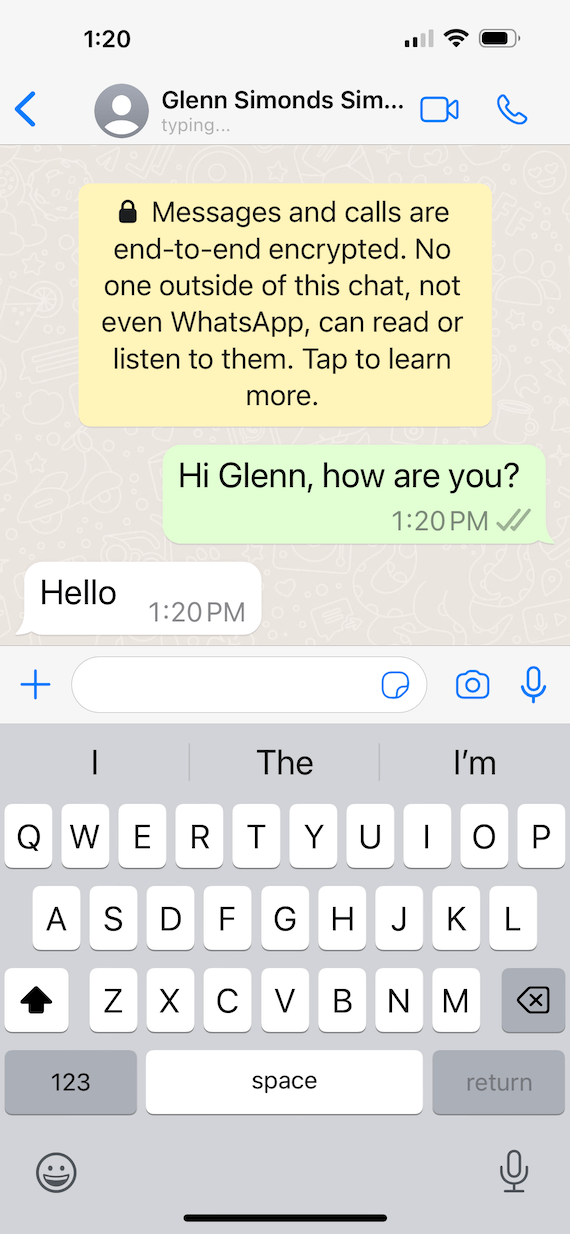
How secure is WhatsApp?
Both Signal and WhatsApp use the same end-to-end encryption protocol, Open Whisper Systems. That means only the sender and receiver can access communications between the two.
WhatsApp has had some data breaches and vulnerabilities in the past that allowed attackers to hack into accounts and install malware on devices.
Signal and WhatsApp have very similar features, including text messages, voice calls, and video chats. Both can handle group communications as well. Signal has a lot more options and customization settings than WhatsApp.
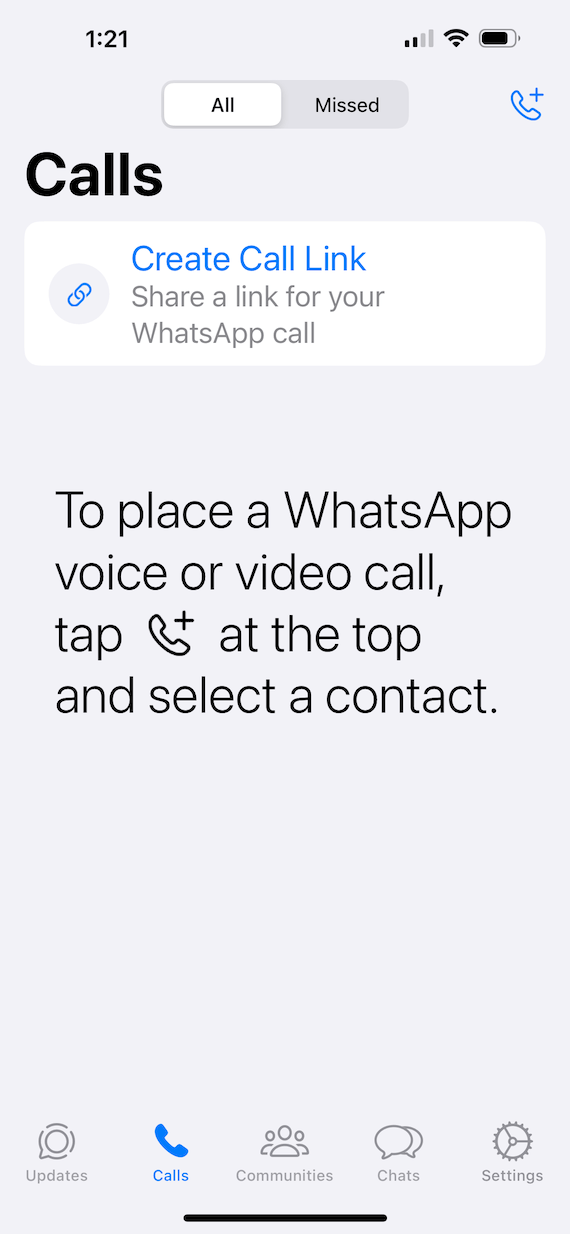
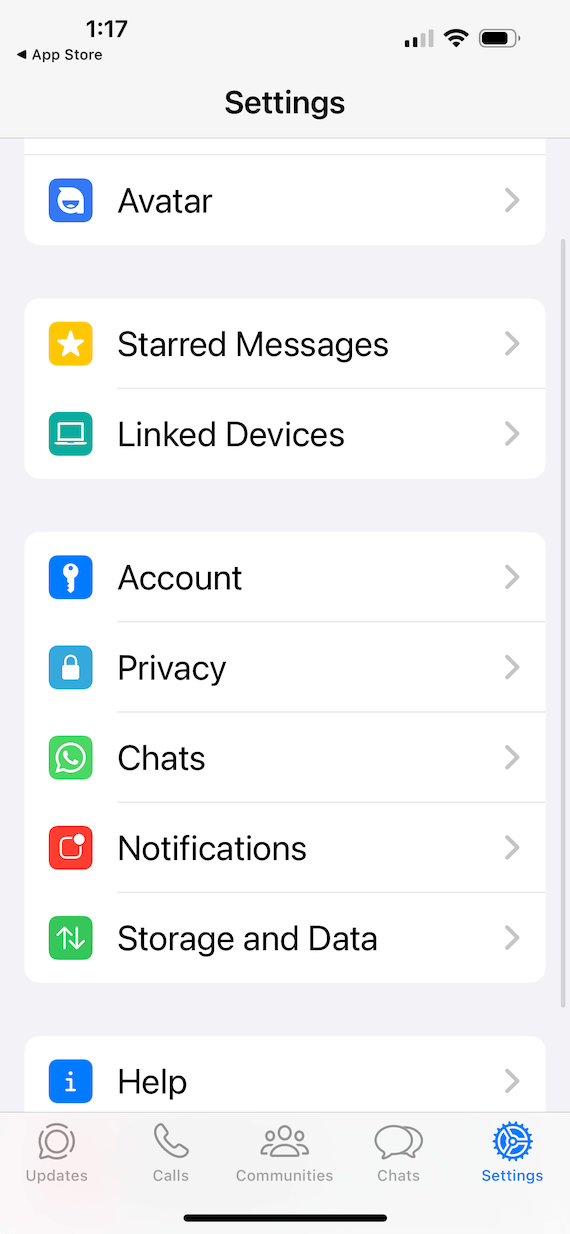
How the Signal messaging app works
The way Signal works is that all parties must install the app on their devices to communicate back and forth. It’s free to use and easy to install. All you need is a phone number. You can even send an invite to ask a friend or colleague to join Signal. You can also block people who you don’t want to communicate with.
The difference with Signal is that its encryption protocol is open-source to the public, so anyone can test it to ensure its security.
Using Signal, you can call people, send texts, and share links, pictures, videos, and even music. You can also include emojis and send voice messages.
Signal includes a feature that automatically destroys messages after a certain amount of time, and no messages are stored on devices. To avoid prying eyes, you can also lock the app using your device’s fingerprint or passcode. You can even choose for images to auto-destruct after they have been viewed. Plus, the image blur tool is a handy way to hide someone’s face in a photo.
Another useful security feature is the ability to automatically delete payment or shipping information shared in chats to protect your accounts against theft.
Despite Signal’s strong encryption, some apps, like Facebook Messenger, have been more prone to breaches. For more on how Facebook Messenger has been compromised, check out our article on Messenger Hacked.
Is Signal’s security really better?
The Signal messaging app stands out as the number one choice for secure communications. Its end-to-end encryption is turned on by default, and it has other security features that keep all your information safe. Signal is owned by a non-profit, not a large corporation, and they don’t collect or use any of your data.
With so many data breaches and security scandals in the news, reputable professionals are switching to Signal to keep their communications secure and protect their data.
Its encryption is open-source, meaning the public can examine and scrutinize it, looking for vulnerabilities. Any flaws are discovered and fixed immediately.
Is Signal really more private?
There is a reason that 40 million people use Signal for texting. It’s because it is reliably more private than other options. Signal doesn’t collect or use any data, which is huge in protecting your identity. Journalists and whistleblowers use it to remain anonymous. And the self-destruct messaging and photo features help users keep even more of their private stuff secret.
Although Signal has fewer customization settings, the app is solid where it counts: privacy and security. With the current technology available, Signal is as good as it gets when it comes to privacy and will keep all your communications private and secure.
This is an independent publication, and it has not been authorized, sponsored, or otherwise approved by Signal Foundation. WhatsApp is a trademark of Meta Platforms Inc. Signal is a trademark of Signal Foundation.


